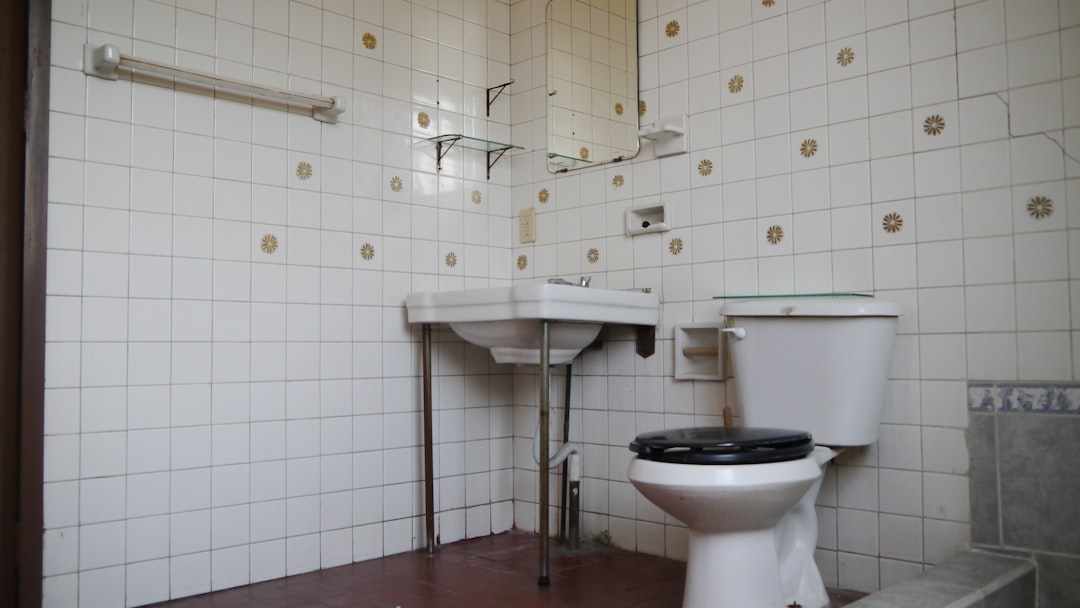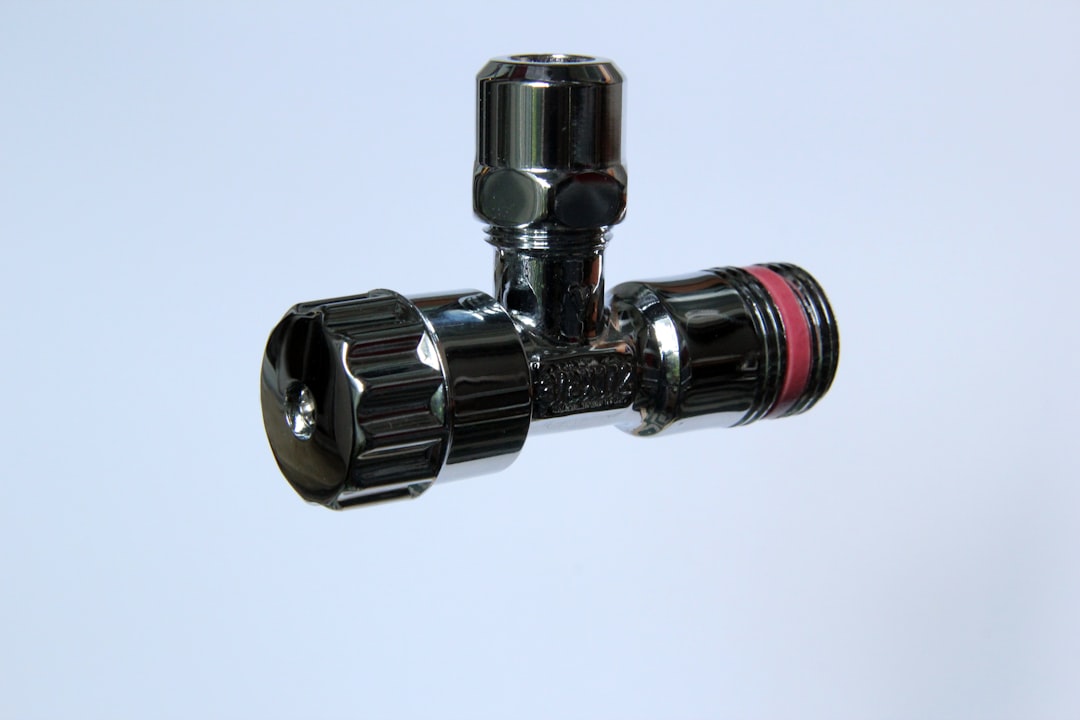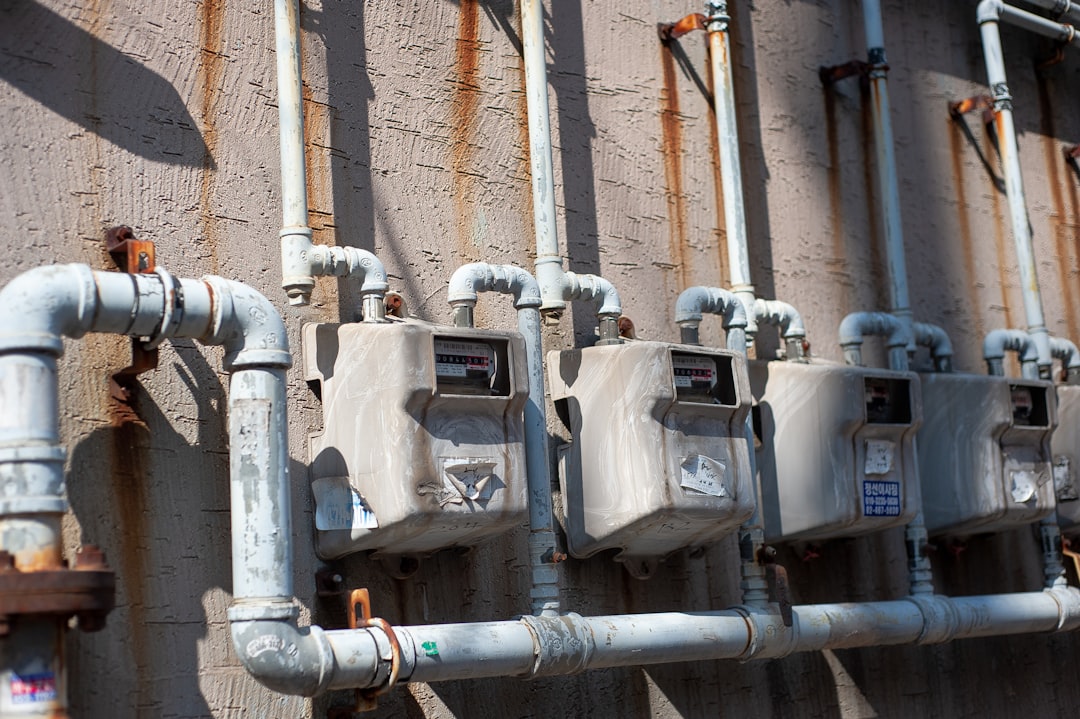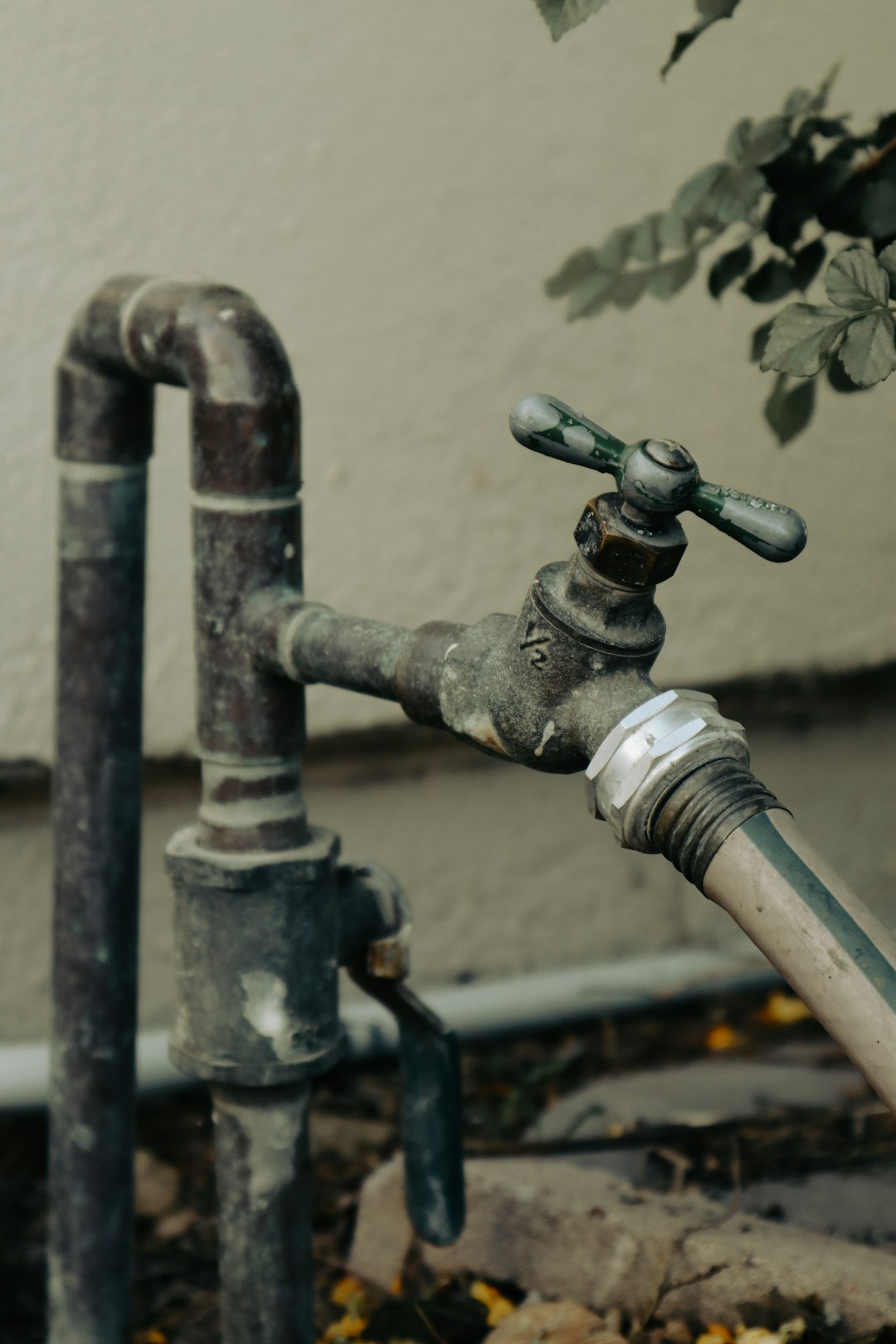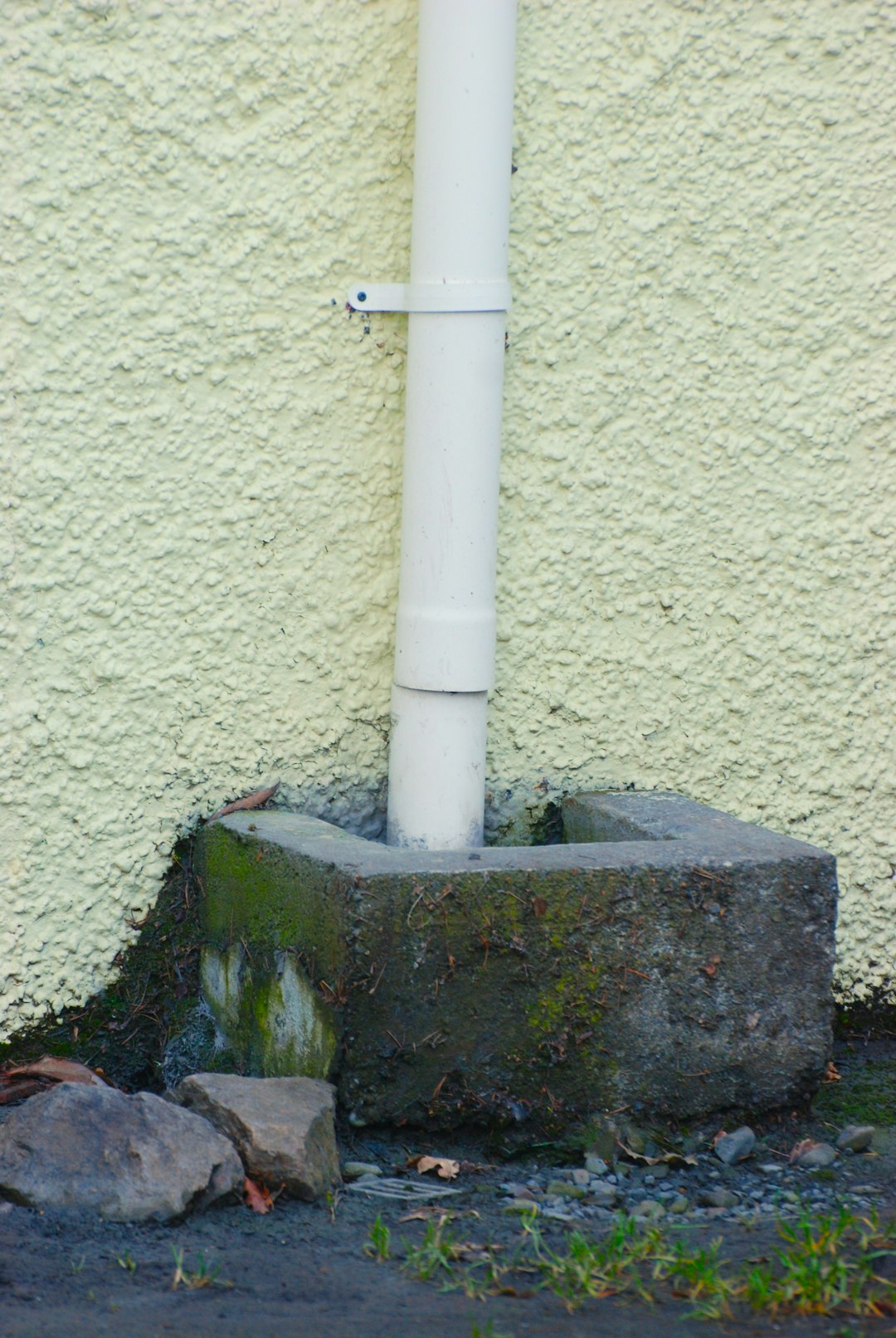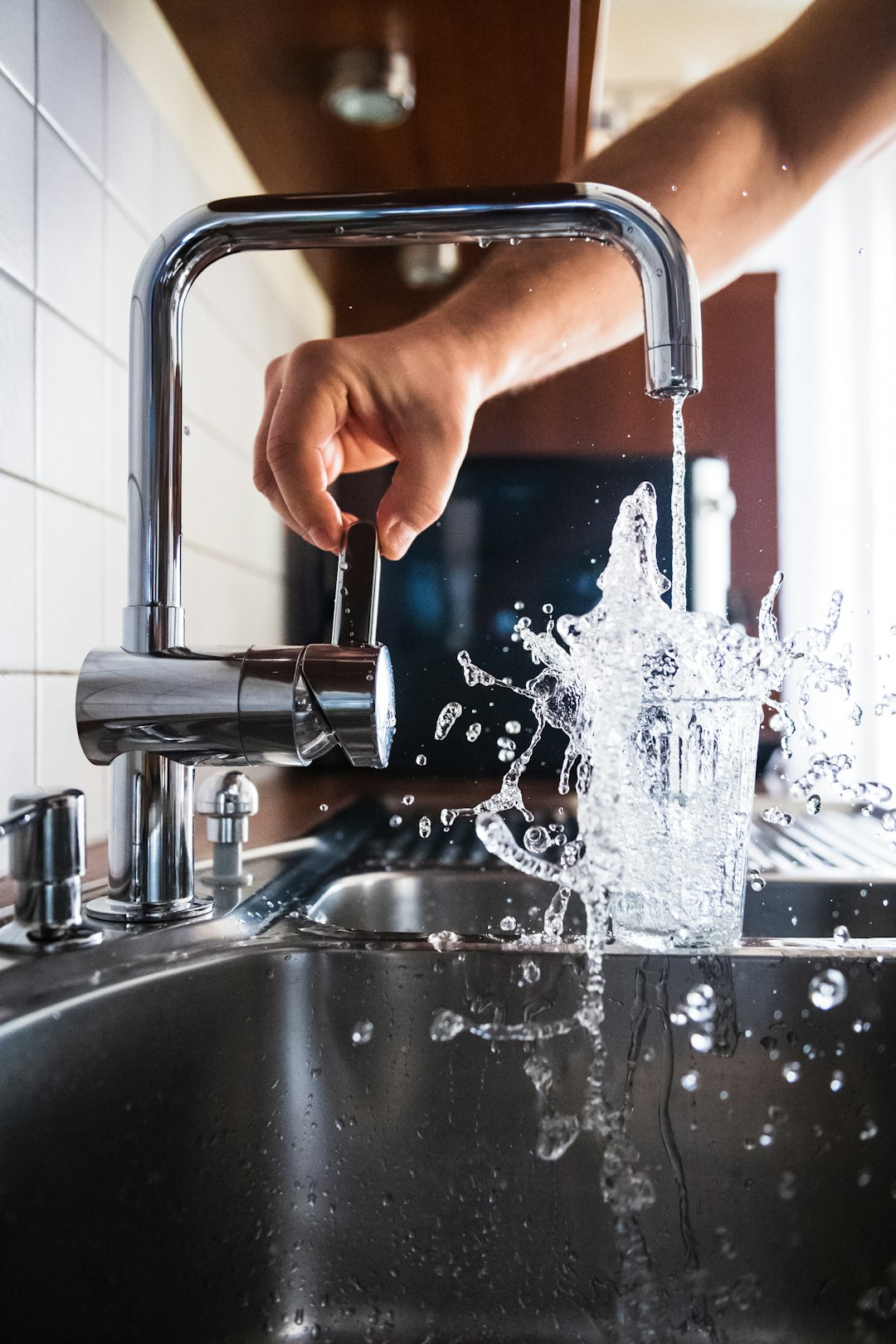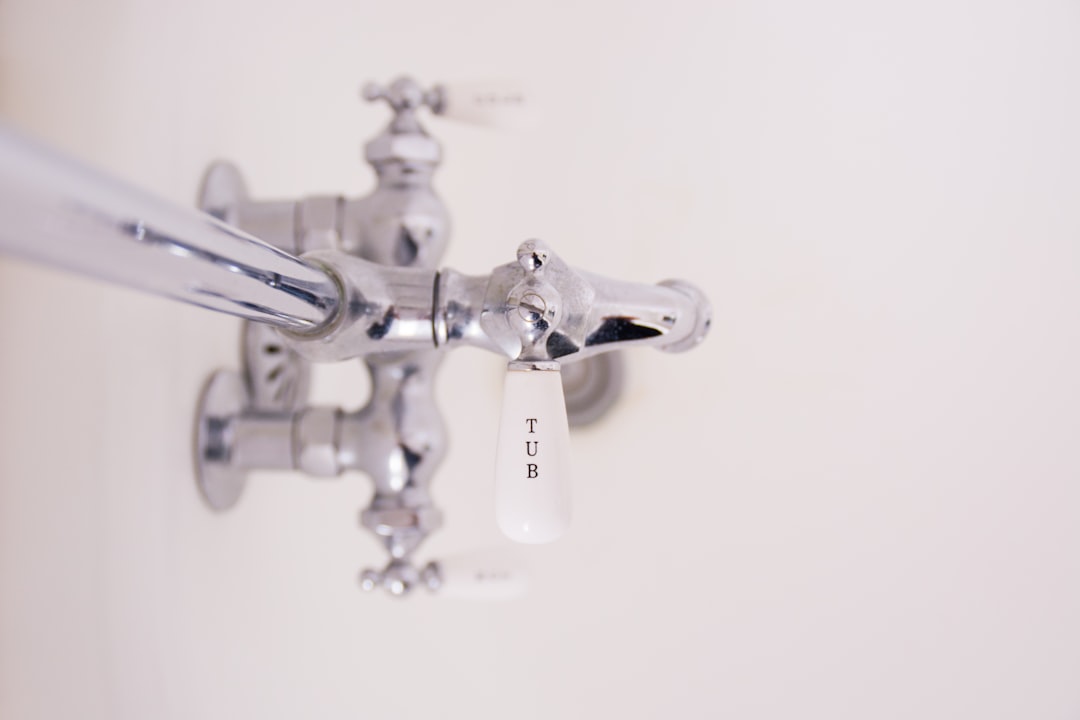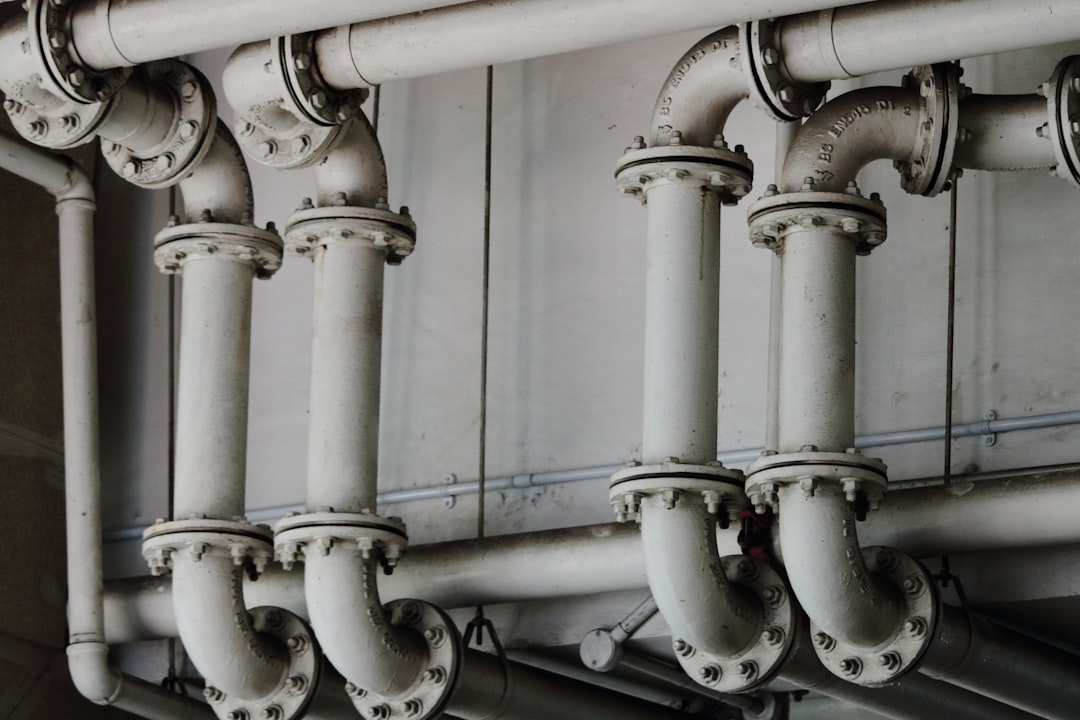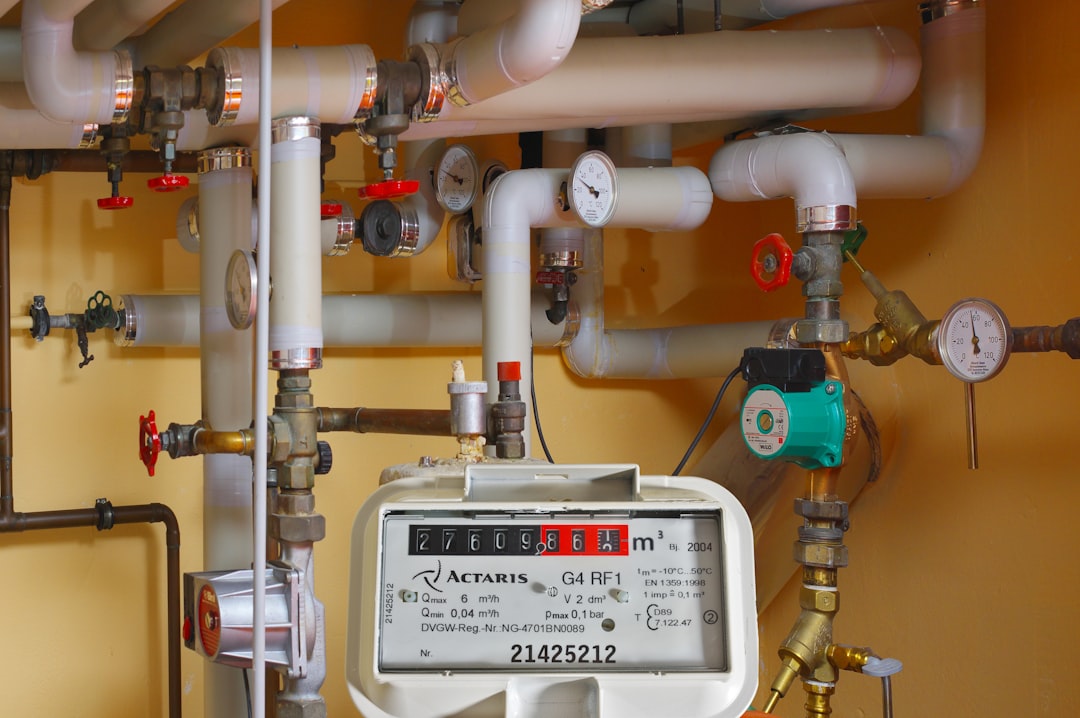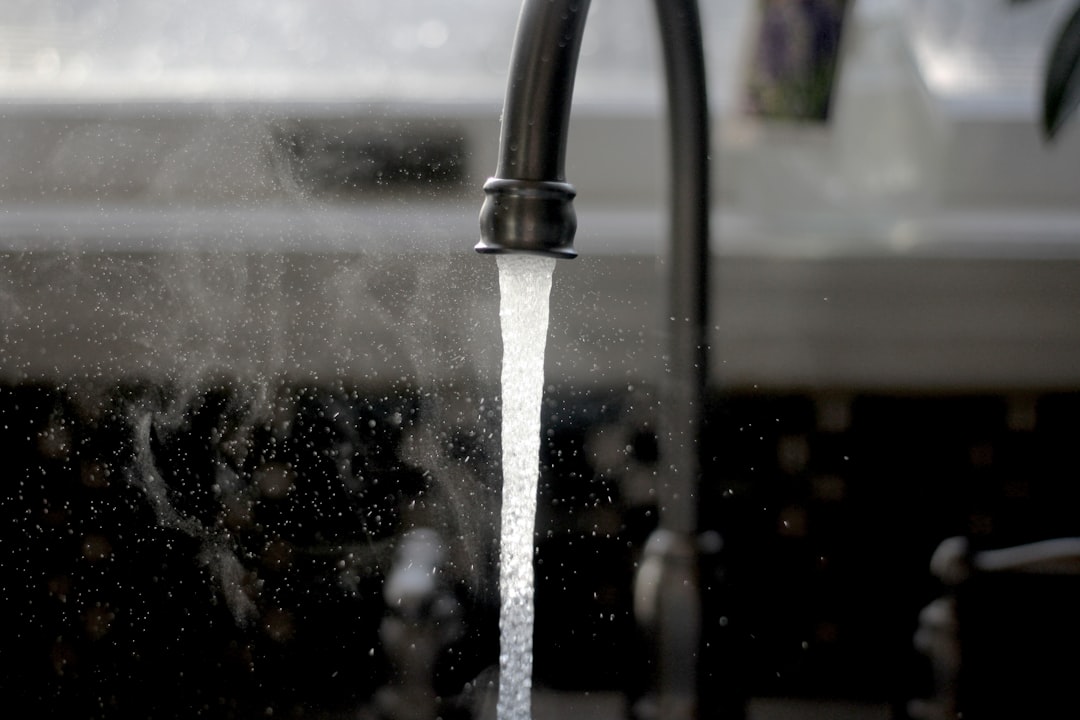Table of Contents
- Introduction
- Unpleasant odors around the septic area
- Slow draining sinks and toilets
- Pooling water in the yard
- Gurgling sounds in plumbing fixtures
- Bright green grass over the septic tank
- Frequent back-ups in the plumbing system
- Wastewater surfacing near the septic system
- High levels of groundwater near the septic tank
- Conclusion
- Frequently Asked Questions
Introduction
Septic systems play a crucial role in maintaining the sanitation and health of our homes, yet they often go unnoticed until a problem arises. Ignoring the signs of a failing system can lead to costly repairs, environmental hazards, and unpleasant living conditions. Knowing what red flags to watch for is paramount for any homeowner.
From foul odors and slow drains to unexpected wet spots in your yard, these signals can indicate a serious issue lurking beneath the surface.
In this article, we will explore the key signs of a failing septic system that you shouldn’t ignore, empowering you with the knowledge to protect your home and family. Don’t wait until it’s too late—understanding the nuances of your septic system can save you time, money, and a whole lot of stress. Let’s dive into the details and uncover what you need to know to keep your system running smoothly.
Unpleasant odors around the septic area
One of the most noticeable signs of a failing septic system is the presence of unpleasant odors around the septic area. These odors can range from mild to overwhelming and often indicate that the system is not functioning properly. When a septic system is operating normally, any wastewater that is processed should not produce strong odors. However, if you begin to notice foul smells, particularly near the drain field or septic tank, it may be a sign that there is a problem with the septic system.
The unpleasant odors typically result from the accumulation of gases like methane and hydrogen sulfide, which can escape from the tank when it is not ventilating correctly. In some cases, these odors can indicate that solid waste is not being broken down effectively, leading to a buildup that can cause blockages within the system. Failure to address these odors promptly can exacerbate issues, leading to higher repair costs and potential health hazards.
Slow draining sinks and toilets
One of the most common signs of a failing septic system is slow draining sinks and toilets. When you notice that water is taking longer than usual to drain, it can indicate a buildup of waste or a problem within the septic system. This slow drainage can occur in various fixtures in your home, including bathrooms and kitchens.
The issue may arise from clogs in the plumbing lines, which can be caused by grease, hair, or other debris accumulating over time. Additionally, if the septic tank is full or malfunctioning, it can lead to backups within the system, resulting in slow drains. Water may pool around the drains or gurgle when flushed, signaling that something is amiss.
It is essential to address these issues promptly, as slow drains can escalate into more significant problems, including backups that could require costly repairs. Regular maintenance and inspections can help prevent these symptoms from worsening and ensure the longevity of your septic system.
Pooling water in the yard
Pooling water in the yard is often one of the most visible signs of a failing septic system. When a septic system malfunctions, it can lead to wastewater backing up and surfacing in yard areas, creating puddles or marshy spots. This pooling can occur in various forms, such as after heavy rain or during dry weather when the system is supposed to process waste efficiently.
Standing water not only poses a health risk due to potential contamination but also indicates that the soil is unable to absorb the effluent. This inefficiency can stem from several issues, including a saturated drain field, a malfunctioning septic tank, or clogged pipes. If you observe such pooling, it is essential to take note of any foul odors that may accompany it, as this is another critical sign of septic failure.
Ignoring pooling water can lead to more severe problems down the line, both for your health and for the environment. Homeowners should always be vigilant and consider consulting a professional if they notice persistent pooling in their yard.
Gurgling sounds in plumbing fixtures
Gurgling sounds in plumbing fixtures can be a notable sign of a failing septic system. These sounds often indicate that air is being trapped in the plumbing, which can occur when the septic system is not functioning properly. When wastewater cannot flow freely through the pipes, it creates a vacuum effect, leading to the gurgling noises.
Common locations to hear gurgling include sinks, bathtubs, and toilets. If these noises are persistent, they may suggest that the septic tank is full or that there is a blockage in the drain field. Additionally, gurgling sounds can be accompanied by slow drainage, which further points to underlying issues within the septic system.
Homeowners should take note of these warning signs and consider consulting a septic system professional for a thorough inspection. Ignoring such symptoms can lead to more significant problems, such as sewage backups or complete system failure, emphasizing the importance of regular maintenance and monitoring of your septic system.
Bright green grass over the septic tank
One of the signs of a failing septic system can be the presence of bright green grass growing over the area of the septic tank. This phenomenon occurs when the septic system is malfunctioning, causing effluent to leak into the surrounding soil. The excess nutrients and moisture from the leaking waste can lead to an unnatural boost in grass growth, resulting in vibrant green patches.
In a healthy septic system, the grass should grow uniformly across the yard. Bright green grass over the septic tank area, however, can signal that the tank is overflowing or that there is a problem with the drain field. Homeowners should pay attention to this unusual growth, as it may be accompanied by other signs of septic issues, such as foul odors or standing water.
Early detection of these signs is crucial to prevent more serious problems, including costly repairs or environmental hazards. Regular maintenance and inspection of the septic system can help ensure its longevity and efficiency.
Frequent back-ups in the plumbing system
Frequent back-ups in the plumbing system can be one of the most alarming signs of a failing septic system. If homeowners notice that toilets are backing up, or if sinks and bathtubs are draining slowly, it may indicate that the septic tank is full or that there is a blockage in the system. These back-ups often occur during heavy water usage, such as after flushing toilets or using appliances like washing machines and dishwashers.
Moreover, persistent back-ups can lead to sewage overflow, which poses health risks and creates unsanitary conditions. Homeowners should be vigilant about any unusual changes in their plumbing performance, as minor issues can escalate quickly. It is also essential to consider the age and maintenance history of the septic system. Regular inspections and pumping can prevent back-ups and extend the life of the system. Ignoring these signs could result in costly repairs and serious health hazards. Therefore, any blood in the plumbing should be treated as a significant warning sign.
Wastewater surfacing near the septic system
One of the most significant signs of a failing septic system is the surfacing of wastewater near the septic tank or drain field. This phenomenon can occur when the system becomes overloaded or when blockages prevent wastewater from flowing through the pipes as intended. When the soil in the drain field becomes saturated, it can no longer absorb the effluent, causing it to rise to the surface.
Such surfacing wastewater may appear as puddles or wet spots in the yard, often with an unpleasant odor. Not only is this a hygiene issue, but it can also indicate a potential health hazard, as untreated wastewater can contaminate ground and surface water.
Homeowners should be vigilant in monitoring their septic systems for such signs, as early detection can prevent more severe damage and costly repairs. Routine maintenance, including regular pumping and inspection, can help mitigate these risks and extend the life of the septic system.
High levels of groundwater near the septic tank
High levels of groundwater near a septic tank can indicate potential issues with the system’s functionality. When groundwater rises significantly, it can lead to several problems, as it affects how effectively the septic system operates. One of the primary signs of this issue is the slow drainage of wastewater, which may result in backups in sinks, toilets, or drains. Additionally, excess groundwater can cause the septic tank to become overloaded, leading to improper treatment of sewage and increasing the risk of contamination.
Moreover, visible puddles or wet areas in the vicinity of the septic tank or drain field often suggest that groundwater is interfering with the system. Homeowners should be cautious, as prolonged exposure to high groundwater levels can compromise the structural integrity of the tank and alter the surrounding soil, which is crucial for the filtration process. Regular inspection and maintenance can help detect these signs early, minimizing the risk of costly repairs and ensuring the septic system continues to function properly.
Conclusion
In conclusion, recognizing the red flags of a failing septic system is essential for maintaining a healthy home and environment. Signs such as unpleasant odors, slow drainage, pooling water, gurgling sounds, and vibrant grass over the septic tank indicate potential problems that should not be ignored. Addressing these issues promptly can save you from costly repairs and health hazards related to sewage backups and environmental contamination. Regular maintenance and inspections are vital for the longevity of your septic system. If you notice any of these warning signs, do not hesitate to seek professional assistance. For reliable plumbing assistance, call 573-555-2121 today!
